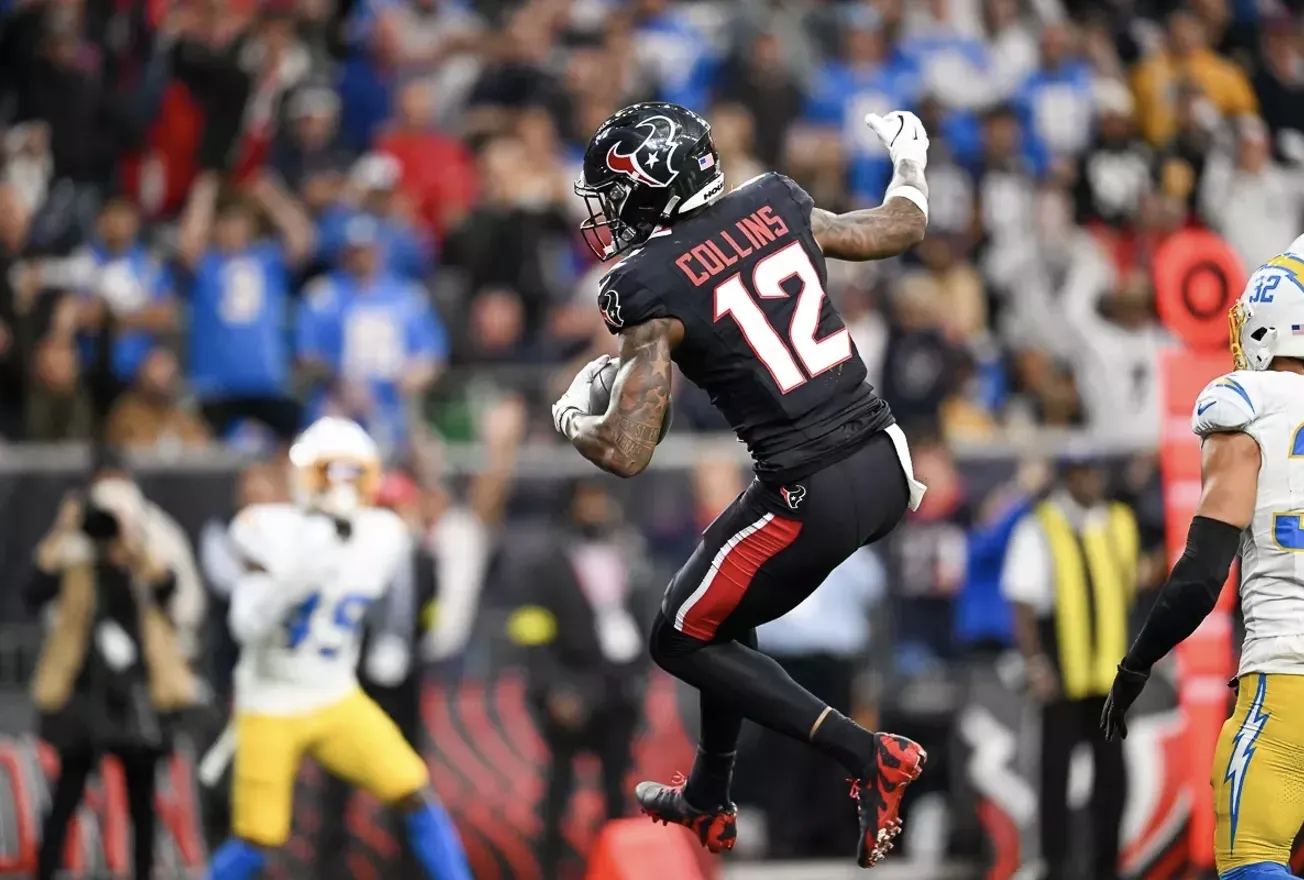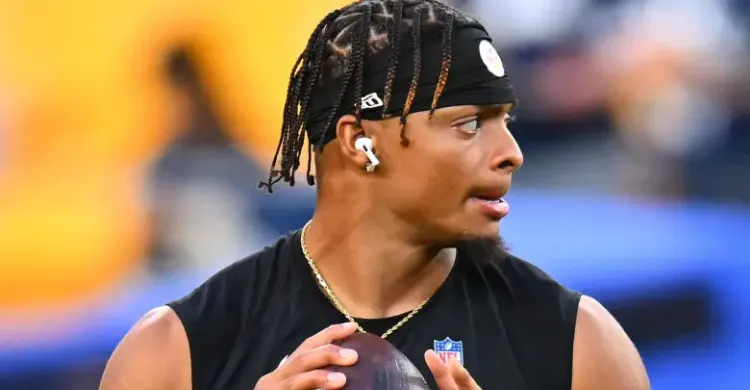Julien BriseBois, the general manager of the Tampa Bay Lightning, is widely regarded for his aggressive contract strategy. While critics argue that he tends to overpay players, his approach has undeniably contributed to one of the most successful eras in franchise history. This essay explores whether BriseBois's bold financial commitments are visionary decisions for sustained competitiveness or potential long-term liabilities.

Building a Contender with High-Priced Loyalty
BriseBois’s tenure is marked by generous multi-year deals awarded to core players:
-
Nikita Kucherov and Brayden Point each earn $9.5 million annually, anchoring the team’s offensive prowess.
-
Victor Hedman, a cornerstone on defense, is locked in at $8 million per year.
-
Brandon Hagel and Anthony Cirelli—not stars on every team—are signed at $6.5M and $6.25M respectively, reflecting the Lightning’s premium on system-fit and loyalty.
Such contracts exceed what comparable players might command elsewhere, but BriseBois sees value beyond raw statistics. For him, chemistry, playoff experience, and culture continuity justify the price tag.
Long-Term Security vs Salary Cap Agony
In the flat-cap era, locking players into long deals comes with consequences. The Lightning often face tight cap constraints, forcing trades of valuable assets like Ryan McDonagh and Alex Killorn to remain compliant. Critics contend that BriseBois’s spending could limit roster flexibility and reduce the team’s ability to adapt as players age or decline.
However, his strategy may reflect an evolved vision of team-building: embrace continuity, develop within, and bet on proven leadership rather than gamble in free agency. By offering above-market contracts early, BriseBois reduces risk of losing talent or facing ballooning arbitration awards.
Results Speak Volumes
Despite the financial risks, BriseBois’s teams have thrived:
-
Back-to-back Stanley Cup victories in 2020 and 2021
-
Regular playoff appearances
-
A solid pipeline of drafted talent that supplements the core
These successes suggest that the “overpaying” narrative may be oversimplified. BriseBois doesn’t spend carelessly—he spends with conviction, investing in a formula that consistently delivers results.
The perception that BriseBois overpays on contracts is not unfounded, but it must be viewed through the lens of strategic intent. By prioritizing loyalty, fit, and long-term stability, he has shaped the Lightning into a perennial contender. Whether his approach sustains success under future salary cap pressures remains to be seen, but it’s clear: Julien BriseBois is redefining what it means to build around value in the NHL.



